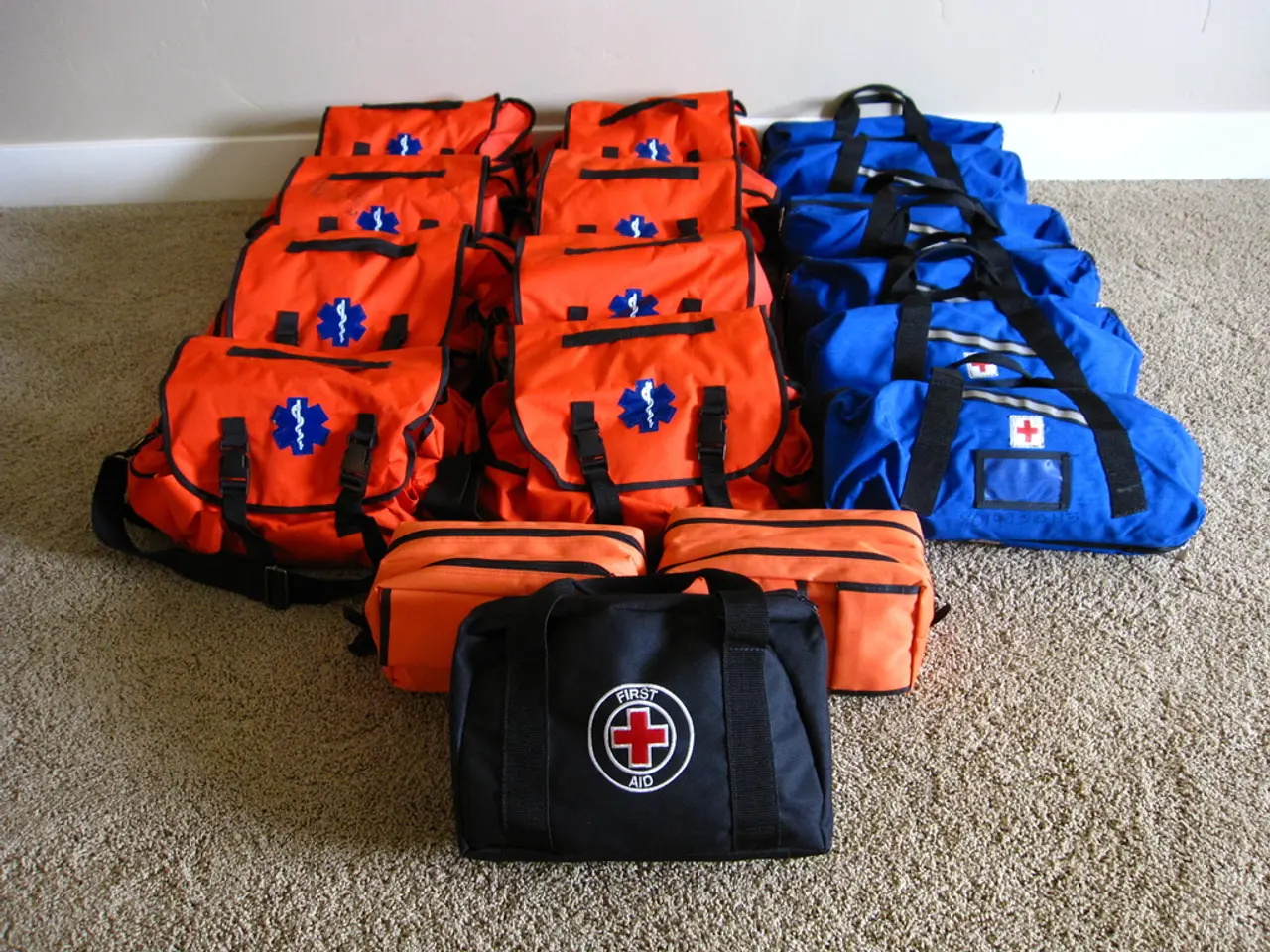Can a pregnant woman donate blood?
## Blood Donation and Pregnancy: What You Need to Know
Blood donation during pregnancy is not recommended due to the increased need for blood volume and nutrients for both the mother and the developing fetus. Pregnancy creates a higher demand for iron, requiring an additional 270mg of iron per day, and blood donation may further deplete iron stores, increasing the risk of anemia, which is common during pregnancy[1][5].
After giving birth, a woman’s body needs time to recover blood volume and rebuild iron stores. The American Red Cross advises waiting at least six weeks after delivery before donating blood, while the World Health Organization (WHO) recommends a longer deferral, suggesting women wait nine months after giving birth[4].
### Postpartum Blood Donation: Waiting Period
The American Red Cross advises waiting at least six weeks after delivery before donating blood, allowing for initial recovery of blood volume and ensuring the mother is not experiencing complications such as postpartum hemorrhage or severe anemia[4]. The WHO recommends a longer deferral, suggesting women wait nine months after giving birth, accounting for the increased iron demands during breastfeeding and gradual physiological recovery[4].
### Cord Blood Donation
Cord blood donation is possible after giving birth, as it contains stem cells that can play a role in lifesaving treatments for conditions like leukemia, lymphoma, bone marrow failures, sickle cell disease, and immunodeficiency disorders[6]. Anyone considering donating cord blood should discuss the process with their doctor or other hospital representatives.
### Blood Donation Screening
At blood centers, basic vital signs (pulse, blood pressure, temperature) are measured, and hemoglobin levels are tested. However, blood centers do not test for pregnancy[2]. Attendants at blood centers may ask about medical history, recent travel, and potential medications to ensure a safe donation process[3].
### Transfusion-Related Acute Lung Injury (TRALI)
Transfusion-related acute lung injury (TRALI) is a potential complication of blood transfusion, and it is among the most common causes of death related to blood transfusion[7]. TRALI is caused by antibodies to human leukocyte antigens found in plasma and platelets[8]. A blood center may test a female donor's blood for human leukocyte antibodies to prevent the transmission of these antibodies to recipients[3]. If the test for human leukocyte antibodies is negative, a woman can continue donating plasma and platelets[3].
Always consult your healthcare provider or the local blood donation center for personalized advice, as individual circumstances may vary.
- Pregnant women should not donate blood due to increased demand for blood volume and nutrients for both the mother and the developing fetus. - The American Red Cross requires women to wait 6 weeks after giving birth before donating blood. - The World Health Organization (WHO) recommends a longer deferral, suggesting women wait 9 months after giving birth. - Cord blood donation is possible after giving birth and can be used for lifesaving treatments. - Blood centers test for hemoglobin levels and ask about medical history, recent travel, and potential medications. - Blood centers do not test for pregnancy. - Transfusion-related acute lung injury (TRALI) is a potential complication of blood transfusion, and it is among the most common causes of death related to blood transfusion.
References: [1] American Pregnancy Association. (2021). Iron Deficiency Anemia. Retrieved from https://americanpregnancy.org/pregnancy-complications/iron-deficiency-anemia/ [2] American Red Cross. (2021). Blood Donation Process. Retrieved from https://www.redcrossblood.org/donate-blood/blood-donation-process.html [3] American Red Cross. (2021). Donor Eligibility. Retrieved from https://www.redcrossblood.org/donate-blood/blood-donation-process/how-it-works/eligibility-criteria.html [4] World Health Organization. (2017). Guidelines on the selection of donors of human blood and blood components. Retrieved from https://apps.who.int/iris/handle/10665/256387 [5] World Health Organization. (2019). Iron Deficiency Anaemia. Retrieved from https://www.who.int/news-room/fact-sheets/detail/iron-deficiency-anaemia [6] National Cord Blood Program. (2021). Cord Blood Donation. Retrieved from https://www.ncbp.org/cord-blood-donation [7] National Heart, Lung, and Blood Institute. (2021). Transfusion-Related Acute Lung Injury (TRALI). Retrieved from https://www.nhlbi.nih.gov/health-topics/transfusion-related-acute-lung-injury-trali [8] National Heart, Lung, and Blood Institute. (2021). Transfusion-Related Acute Lung Injury (TRALI). Retrieved from https://www.nhlbi.nih.gov/health-topics/transfusion-related-acute-lung-injury-trali
- Anemia, often resulting from deficiencyanemias during pregnancy, is a common risk due to increased iron demands and may be further exacerbated by blood donation.
- After delivery, pregnant women should wait six weeks before considering blood donation, as advised by the American Red Cross, allowing for recovery of blood volume and avoiding potential complications.
- A longer deferral of nine months is recommended by the World Health Organization (WHO) to account for increased iron demands during breastfeeding and gradual physiological recovery.
- Cord blood donation is an option after birth, and it can be used for lifesaving treatments such as leukemia, lymphoma, and immunodeficiency disorders due to the presence of stem cells.
- During the blood donation process, vital signs and hemoglobin levels are tested, but blood centers do not test for pregnancy.
- Attendants at blood centers may ask about medical history, recent travel, and potential medications to ensure a safe donation process and avoid complications like Transfusion-Related Acute Lung Injury (TRALI).
- TRALI is a potential complication of blood transfusion, and it is among the most common causes of death related to blood transfusion, caused by antibodies to human leukocyte antigens found in plasma and platelets.
- Blood centers may test a female donor's blood for human leukocyte antibodies to prevent the transmission of these antibodies to recipients, ensuring a safer blood donation process that aligns with the advancements in science contributing to health-and-wellness and women's health.




